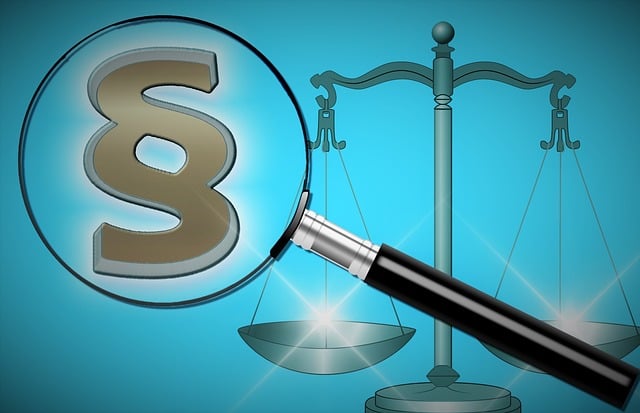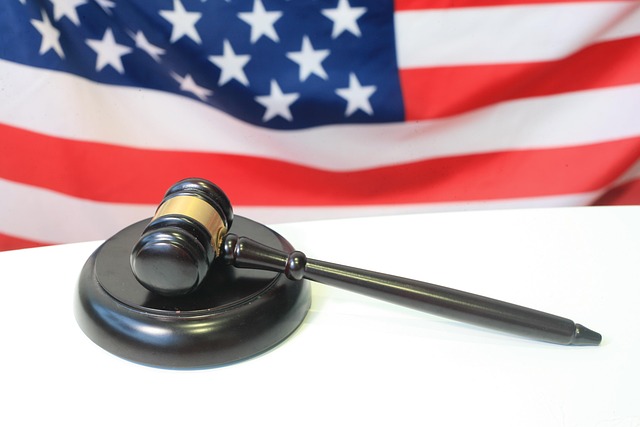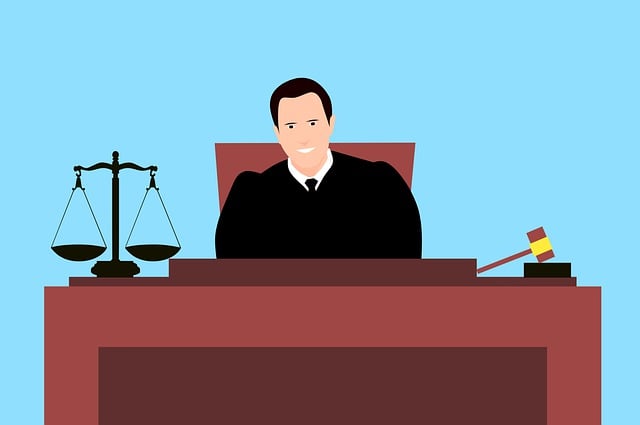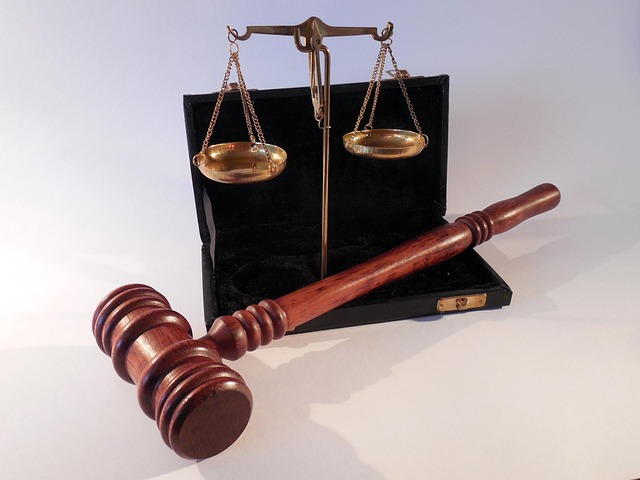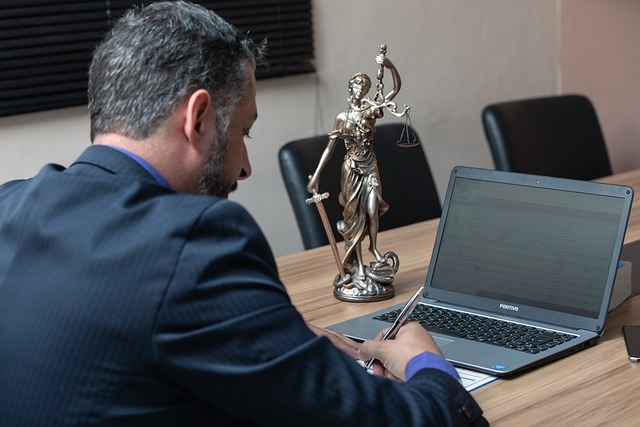Corporate Crime Investigations tackle unethical and illegal business activities, demanding a deep understanding of legal frameworks. The evolving nature of corporate crime necessitates meticulous data analysis and strategic argumentation from legal experts. Legal systems play a crucial role in accountability, with investigations starting from audits to gathering evidence. Libel cases in civil courts are key for addressing false statements by corporations, with successful prosecutions fostering ethical business practices. These cases teach valuable lessons in tracing illicit transactions, aiding in exposing fraud. A multi-faceted investigation strategy combining various tools and analyzing libel examples strengthens the justice system, upholding business integrity.
Corporate Crime Investigations delves into the intricate world of business misconduct, exploring how legal systems tackle corporate offences. From understanding the scope of corporate crime to investigating financial misdeeds and fraud, this article offers a comprehensive overview. We dissect key components, including libel case examples where corporations face civil charges, providing real-world insights. Discover effective strategies for investigations, crucial for navigating complex corporate landscapes and ensuring justice in the business realm. Learn from diverse scenarios, including notable libel cases, to grasp the evolving dynamics of corporate crime investigations.
- Understanding Corporate Crime Investigations: An Overview
- The Role of Legal Systems in Handling Corporate Offences
- Libel Case Examples: When Corporations Face Civil Charges
- Investigating Financial Misdeeds and Fraud
- Strategies for Effective Corporate Crime Investigation
Understanding Corporate Crime Investigations: An Overview

Corporate Crime Investigations delve into complex issues that arise when businesses and their executives face allegations of unethical or illegal activities. These investigations, which often involve intricate financial transactions, require a deep understanding of corporate structures and legal frameworks. It’s not just about uncovering wrongdoings; it’s about navigating the nuances of company law, employment practices, and regulatory compliance.
The landscape of corporate crime has evolved significantly, with an unprecedented track record of white-collar defense strategies. From accounting fraud to insider trading, libel case examples in civil courts have shown that winning challenging defense verdicts demand a meticulous approach. Legal professionals specializing in these matters must possess the expertise to dissect complex data, identify legal loopholes, and present compelling arguments, ensuring their clients’ rights are protected within the bounds of the law.
The Role of Legal Systems in Handling Corporate Offences

Legal systems play a pivotal role in addressing corporate crimes, serving as a crucial safeguard for businesses, employees, and consumers alike. When it comes to holding corporations accountable, legal frameworks provide the necessary tools to investigate and prosecute offences. The process begins with identifying potential violations through internal audits or external reports, followed by a thorough investigation spanning all stages of the investigative and enforcement process. During this phase, legal professionals scrutinize financial records, interview witnesses, and gather evidence to build a robust case against the corporate offenders.
One common avenue for seeking justice is through libel cases in civil courts. These cases serve as powerful tools to combat false or malicious statements made by corporations that damage individuals’ reputations. By examining the facts of each situation, legal experts can determine liability and award damages, thereby sending a clear message about the consequences of corporate misconduct. Furthermore, the impact extends beyond individual cases, as successful prosecutions contribute to fostering trust within the philanthropic and political communities, ensuring that businesses operate ethically and responsibly.
Libel Case Examples: When Corporations Face Civil Charges
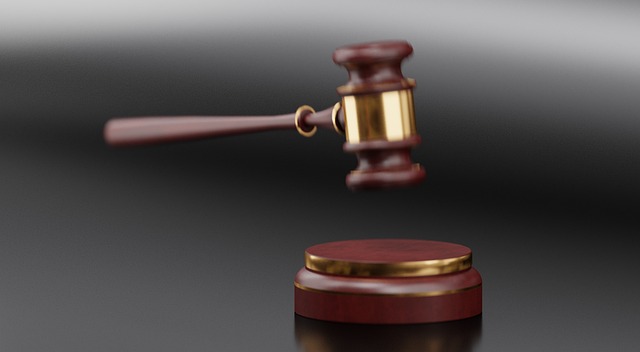
In the realm of corporate crime investigations, libel case examples serve as a crucial aspect of understanding the legal implications for businesses facing civil charges. When corporations are accused of making false or defamatory statements, they often find themselves in civil courtrooms, not criminal ones—a stark contrast to general criminal defense scenarios. These libel cases can arise from various situations, such as misleading advertising campaigns, inaccurate financial disclosures, or controversial public relations strategies. For instance, a company might be targeted for libeling a competitor by spreading false rumors about their products or practices, leading to significant reputational damage and potential financial losses.
Achieving extraordinary results in these cases often involves meticulous legal strategies aimed at proving the absence of malicious intent and ensuring that the corporation’s actions fall within the boundaries of free speech. By navigating the complex landscape of civil law, corporate legal teams can work towards avoiding indictment and mitigating the adverse effects of such charges. This proactive approach not only helps in repairing relationships with stakeholders but also demonstrates a commitment to ethical business practices, fostering trust among customers and partners alike.
Investigating Financial Misdeeds and Fraud

Corporate Crime Investigations play a pivotal role in uncovering financial misdeeds and fraud, which often involve complex web of deceit. When companies or individuals engage in illicit activities such as embezzlement, accounting manipulation, or securities fraud, specialized investigators and legal professionals step in to navigate the intricate details. These investigations require meticulous documentation, data analysis, and expert testimony to build a compelling case.
In civil courts, libel case examples illustrate the process of holding individuals or entities accountable for financial fraud. Skilled attorneys represent plaintiffs, presenting evidence that demonstrates false statements or misleading information that has caused significant harm. Over time, successful prosecution in these cases has led to winning challenging defense verdicts and achieving extraordinary results for victims. This not only provides financial restitution but also serves as a deterrent, reinforcing the importance of ethical conduct in corporate practices.
Strategies for Effective Corporate Crime Investigation
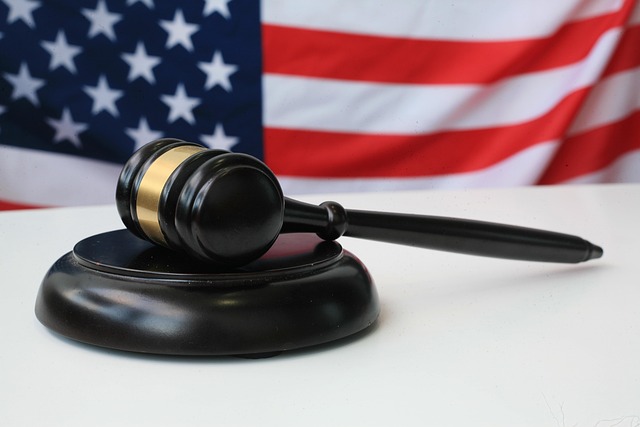
In the realm of corporate crime investigations, a comprehensive strategy is key to unravelling complex white-collar and economic crimes. Effective tactics often involve meticulous document analysis, leveraging digital forensics to uncover hidden evidence, and employing undercover operations or informants to gather firsthand intelligence. By combining these methods, investigators can navigate the labyrinthine financial trails left by perpetrators. For instance, examining libel case examples in civil court can provide valuable insights into the subtle art of tracing illicit transactions and reconstructing fraudulent schemes.
A successful approach may lead to a complete dismissal of all charges, ensuring that innocent businesses and individuals are protected from baseless accusations. This is particularly crucial when dealing with economic crimes, where the line between legal and illegal activities can be gossamer-thin. Strategic planning, coupled with thorough investigation techniques, enables prosecutors to build robust cases, ultimately upholding the integrity of respective business operations and the justice system as a whole.
Corporate crime investigations are complex, requiring a multifaceted approach that incorporates legal systems, financial scrutiny, and strategic methods. Understanding these components is key to effectively navigating the challenges posed by corporate offences, such as those highlighted in libel case examples involving civil charges. By leveraging the right tools and expertise, organizations can ensure robust investigations that deter misconduct and promote ethical business practices. This comprehensive overview equips readers with insights into the various facets of corporate crime investigations, enabling them to address these issues head-on.
